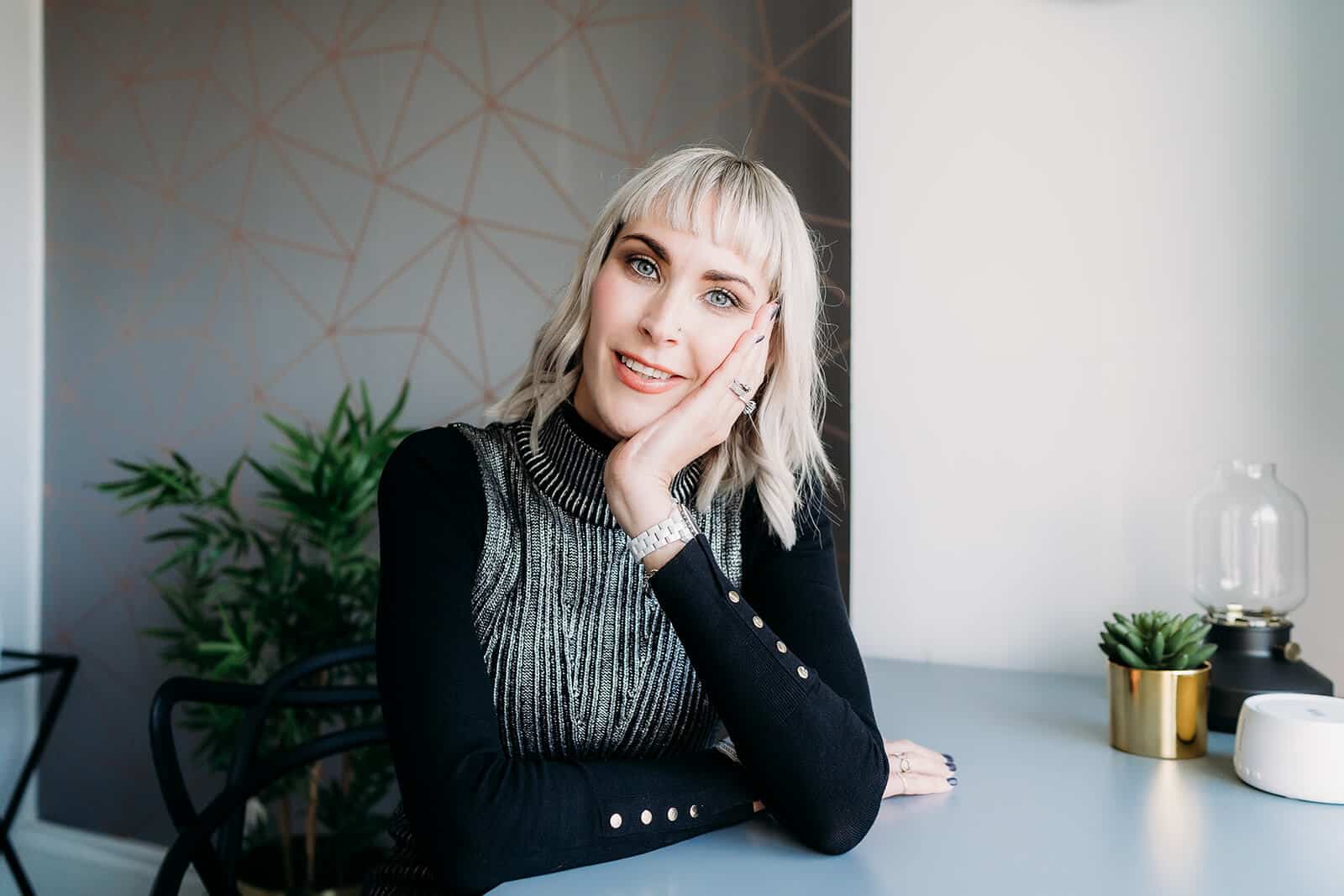
Dr Jo Gee Psychological Therapies
Postnatal OCD Counselling
Postnatal Obsessive Compulsive Disorder (OCD) is a mental health condition that can affect new mothers in the period following childbirth. It is characterised by obsessive and intrusive thoughts, images or impulses concerning the safety of their baby that cause distress and anxiety for the mother. These obsessions may lead to compulsions such as repeatedly checking that the baby is safe and checking they haven’t harmed them in any way.
There are certain risk factors that can increase a mother’s chances of developing postnatal OCD, including: a family history of OCD or other mental health problems, perinatal depression and anxiety, previous experience with OCD, and a lack of social support.
Perinatal depression and anxiety are both risk factors for postnatal OCD, and can be a sign of an underlying mental health problem. Symptoms of perinatal depression include feelings of sadness, hopelessness, irritability or anger, low self-esteem, a lack of energy or motivation, difficulty making decisions, unwanted thoughts and sleeping problems. Anxiety may manifest in persistent worrying, restlessness, poor concentration or mood swings, panic attacks and finding it difficult to take part in social situations.
There are various treatments available for postnatal OCD which include cognitive behavioural therapy (CBT) and exposure and response prevention (ERP). CBT helps the mother to identify their negative thoughts and irrational beliefs, while ERP involves gradually exposing the mother to their fears while learning how to cope with them. In more severe cases, selective serotonin reuptake inhibitors (SSRIs) may be prescribed by a doctor in order to treat the OCD symptoms.
In addition to medical treatments, it is important for new mothers suffering from postnatal OCD to take steps towards bonding with their baby and seek social support from family and friends. It is also recommended that they join a local support group or contact the charity OCD UK for advice and information on how to manage their condition.
Postnatal OCD can be a difficult condition to cope with, but it is important to remember that there are treatments available which can help to reduce its symptoms and enable a new mother to enjoy her experience of bonding with her baby.
To summarise, postnatal OCD is an anxiety disorder which can affect new mothers in the period after childbirth. It is characterised by intrusive and obsessive thoughts which cause distress and anxiety. There are various risk factors associated with it including family history of mental health problems, previous experience with OCD, perinatal depression and anxiety, and lack of social support.
Counselling can be a powerful tool in helping to reduce the symptoms of postnatal OCD. The aim of counselling is to help new mothers identify their negative thoughts, beliefs and behaviours that are causing them distress and anxiety.
Through discussing these issues in an open, non-judgemental setting, it can help the mother to gain insight into her condition and develop strategies to cope with the symptoms. Counselling can also be beneficial in helping the mother to build a support network, work on her self-esteem, and learn how to better manage stress.
In some cases, counselling may even help the mother to resolve underlying issues that could have contributed to the development of postnatal OCD. Thus, it can play an important role in helping the mother to overcome her condition and enjoy bonding with her baby.
It is recommended that new mothers with postnatal OCD seek professional help from a mental health practitioner in order to get the most appropriate treatment for their individual needs.
This is where Dr Jo Gee Psychotherapy excels. Not only are we fully accredited with BACP and have decades of combined experience.
We think it is vitally important that you get to speak to female therapists in this instance aswell as there is a more maternal and feminine bond that you can’t replicate with a male therapist, although they do great work.
We always start with a mini assessment which is around 50 minutes long. This allows us to set smart goals and see what you want to get out of the therapy sessions. It helps us understand your personality aswell and tailor our therapy for maximum effectiveness.
It may feel difficult to reach out but you shouldn’t feel any shame, you want the best for yourself and your baby and so do we. Get in touch today via the booking form online or give us a call, so we can work out how we can help you going forward. We look forward to hearing from you.
“From start to finish, it taught me so much about myself.”
“Thank you for challenging me when I needed it.”
“I can’t believe how much progress I’ve made in a short time.”
“After many years of therapy, you are the first person who gets me.”
Our expert team treat OCD daily from our online clinics and in our OCD therapy clinic in Guildford, Surrey.
There is no shame in asking for help. If you find that some or many of the signs mentioned above resonate with how you feel, it might be a good time to talk to a mental health professional. As a general rule with any health condition, it’s important to seek advice if your life is drastically impacted by it. Some signs to look out for in regard to OCD are as follows:
If you are seeking help, meet our team below.
At Dr Jo Gee Psychotherapy, your wellbeing is our number one priority. We offer psychotherapy for OCD online and CBT for OCD in Guildford Surrey.
Our handpicked team of professionals are here to guide you through every step of the process to feeling better in your own skin and living your best life.
Our standard approach to treating OCD is cognitive behavioural therapy (CBT). CBT is a type of talking therapy which has been proven to be effective in treating various mental health disorders, including OCD. Some of its benefits are as follows:
Ready to book your appointment? Please press the button below to see our online availability. Can’t see what you need, then don’t hesitate to send a message via the contact form below or call or email our offices.
Whatever your current struggle, we’re here to help.
We offer online psychiatry, psychology, counselling and psychotherapy appointments. Contact us for a free 15-minute phone discussion to ask any questions you might have.
Many of our appointments can be conducted online if that’s preferable or easier for you.
For clinic appointments, we work from 3 Saxton Parklands, Guildford, Surrey, GU2 9JX.
Clients visit us from several nearby locations, including Addlestone, Aldershot, Ashford, Bisley, Camberley, Chertsey, Chobham, Cobham, Cranleigh, Dorking, Egham, Epsom, Esher, Farnham, Farnborough, Fleet, Godalming, Guildford, Haslemere, Horley, Horsham, Kingston, Leatherhead, Lightwater, Oxshot, Redhill, Reigate, Richmond, Send, Shere, Staines-upon-Thames, Sunbury-on-Thames, Surbiton, Virginia Water, Walton-on-Thames, West End, Weybridge, Windlesham and Woking.
Message or call us now to book an initial consultation.
ADDRESS
DJGP
3 Saxton Parklands
Guildford
GU2 9JX
ADDRESS
Guildford Therapy Rooms
3 Beaufort Parklands
Guildford
GU2 9JX
Hours
Monday – Friday: 9.00am – 9.00pm
